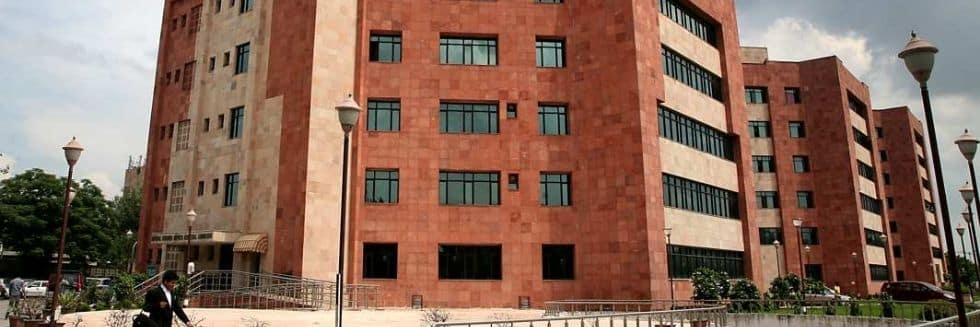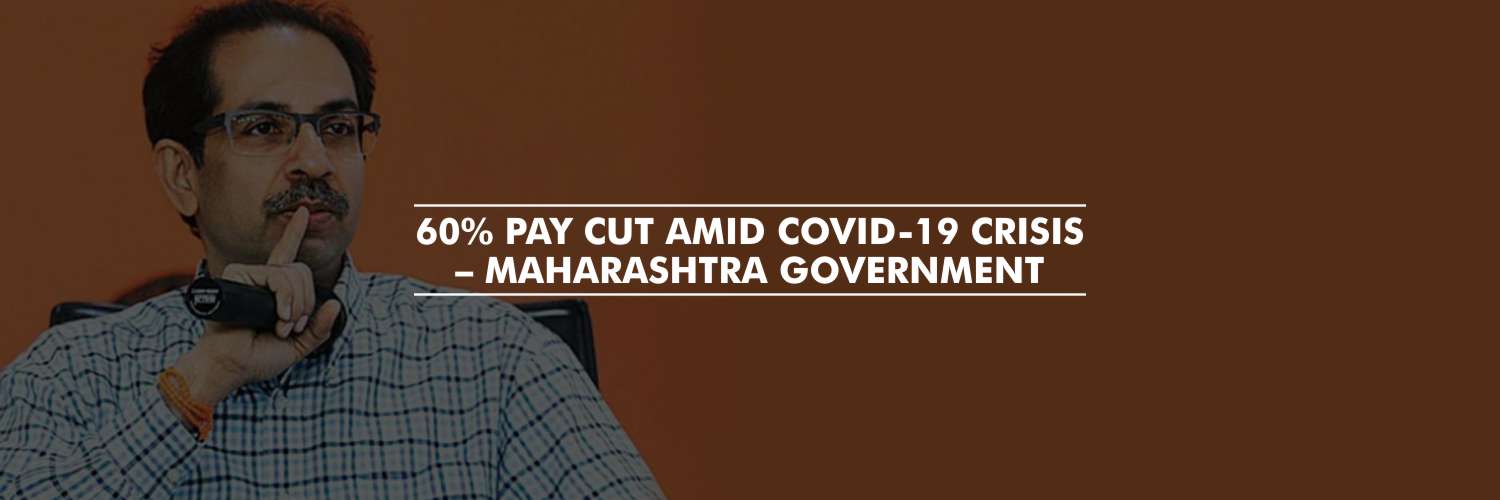A two-judge bench of the Supreme Court consisting of Justices Uday Umesh Lalit and Indu Malhotra held that the contractual employees who draw their salaries directly or indirectly from a company are also entitled to the benefit of provident fund under the Employees Provident Funds and Miscellaneous Provisions Act, 1952.
“We find that the members of union, and all others similarly situated contractual employees are entitled to the benefit of the provident fund under the PF Trust Regulations or the EPF Act. Since the PF Trust Regulations are in force and apply to all employees of the company, it would be preferable to direct that the members of the union and other similarly situated contractual employees are granted the benefit of the provident fund under the PF Trust Regulations so that there is uniformity in the service conditions of all the employees of the Company” stated the bench.
A government company, M/s Pawan Hans Limited which provides helicopter support services to the oil sector for its offshore exploration operations, services in remote and hilly areas, has implemented its PF Trust Regulations only with its regular employees, and not with the contractual employees. However, under the PF Trust Regulations, the term ‘employee’ has been defined to include ‘any person’ whether employed ‘directly or indirectly.’
Thus, a writ petition was filed by the company’s employees’ union, the Aviation Karmachari Sanghatana, which sought uniformity in-service conditions among all its employees. Allowing the said writ petition, the High Court directed the company to extend the benefits under the EPF Act to the union members as well along with the other employees with a liberal view to extend social security benefits to the contractual employees.
Subsequently, the Company moved to the Supreme Court challenging the said High Court’s judgment which granted PF benefits to the contractual employees, stating that it is excluded from the applicability of the provisions of the EPF Act and the EPF Scheme framed thereunder.
Contending to this observation of the Company, the SC bench held that the Company has failed to make an exclusion case from the applicability of the provisions of the EPF Act.
“As per Section 2(f) of the EPF Act, the definition of an ’employee’ is inclusive and is widely worded to include “any person” engaged either directly or indirectly in connection with the work of an establishment, and is paid wages. Given the above discussion, we find that the members of the Respondent Union and all others similarly situated contractual employees are entitled to the benefit of the provident fund under the PF Trust Regulations or the EPF Act” asserted the bench.






